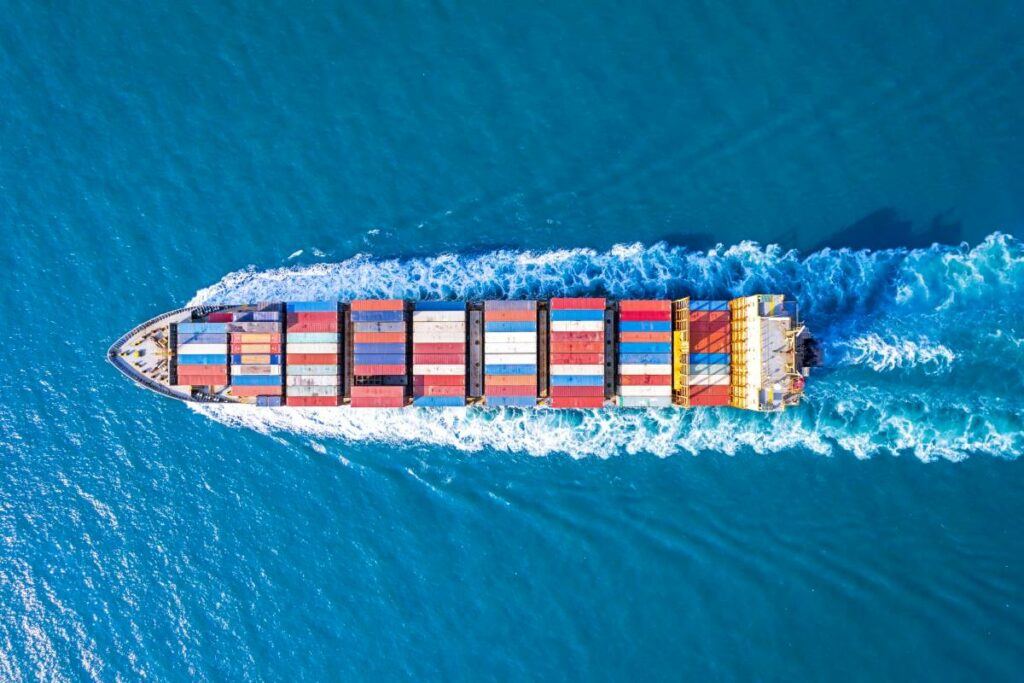Each year, supply chain disruptions cost the global economy trillions of dollars. In a recent McKinsey poll, nine in ten businesses said they had encountered logistics challenges over the past 12 months.
Headwinds have only grown stronger as chaos reigns in key shipping corridors. Attacks on freighters continue in the Red Sea. Flooding is disrupting automotive production in Europe. And trade tensions are choking the movement of manufacturing equipment to Southeast Asia.
Unsurprisingly, supply chain risk intelligence firms like Interos have had no trouble signing up customers lately. Early in the year, Interos inked large contracts with the Defense Department and Canada’s Coast Guard and Royal Navy. Speaking to TechCrunch this week, CEO Ted Krantz said the company’s revenue has grown 35% year-over-year.
“We are primed to accelerate adoption of our platform across the entire supply chain risk lifecycle at a time when the supply chain ecosystem has never been more strategic and complex,” he added.
Launched in 2005, Interos maps and monitors organizations’ supply chains for potential regulatory, labor, and cybersecurity issues. The platform uses AI to uncover supplier and vendor relationships, scoring each supplier and vendor to generate a summary of the top potential risks.
Customers can funnel additional info from their internal business systems into Interos, including financial and contractual risk data. The company offers APIs for integrating data sources and systems for procurement, enterprise risk management, and information security.

Interos is the brainchild of Jennifer Bisceglie, who previously led government market efforts at supply chain solutions company Manhattan Associates. Bisceglie moved into the role as executive vice chair with Krantz’s appointment in April.
Today, Interos serves around 100 clients, including Google, NASA, the U.S. Navy, and defense contractor L3Harris.
That’s an impressive base. But the AI in supply chain market, which by one estimate was worth $5.05 billion in 2023, is chock full of vendors going after the same customer segments.
There’s Pando, which is developing a suite of fulfillment management tech. AI-powered supply chain visibility platform Altana recently bagged $100 million. And I’d be remiss if I didn’t mention Augur, a newer supply chain venture spearheaded by ex-Amazon exec Dave Clark.
Interos hopes to stay ahead of the competition by aggressively expanding.
The company this month closed a $40 million strategic growth round from funds managed by Blue Owl Capital, which Krantz said will be spent on product development and broadening Interos’ AI capabilities.
“The investment from Blue Owl is a vote of confidence for our vision into AI-powered predictive analytics,” Krantz said.
To date, the Arlington, Virginia-based company has raised nearly $175 million in venture capital.


